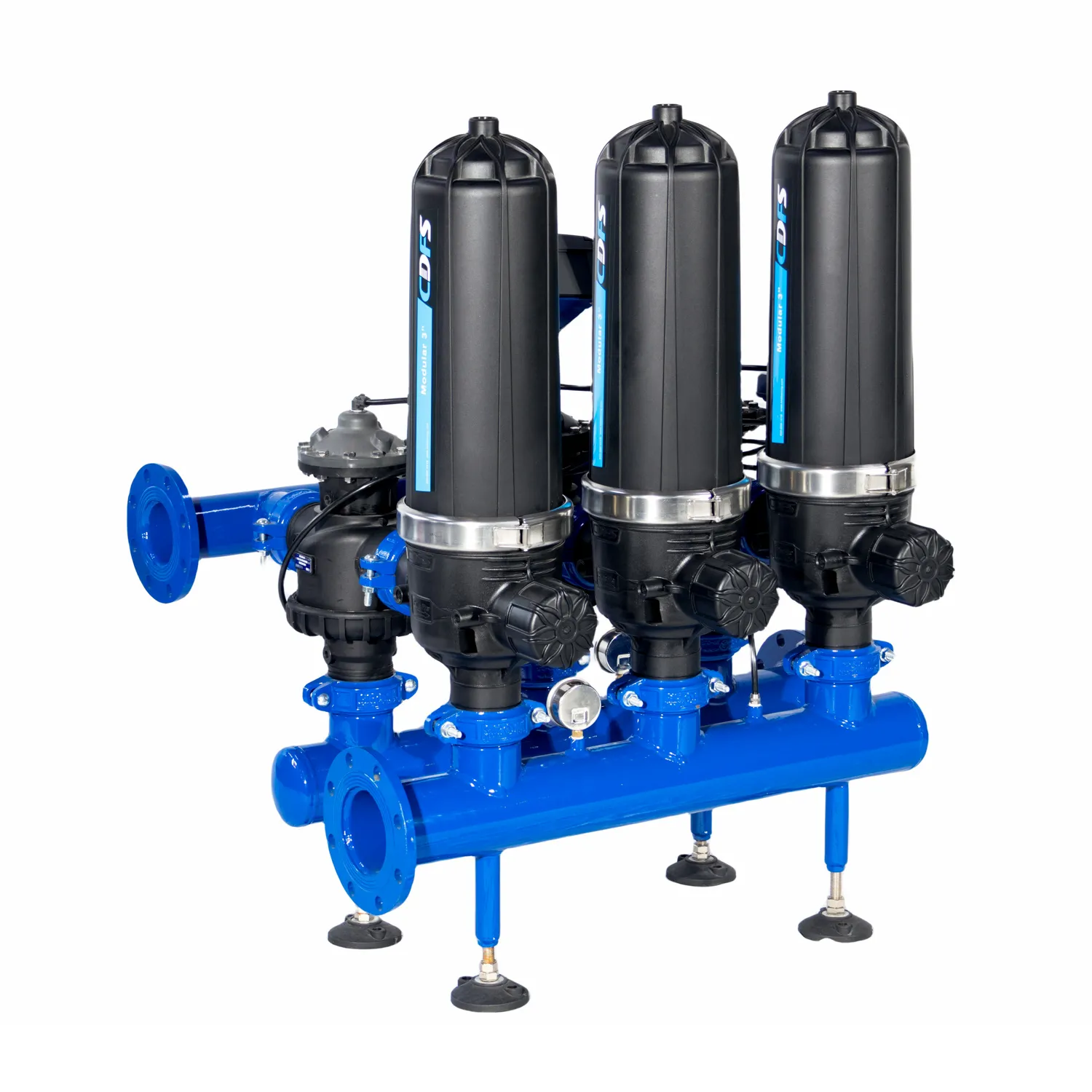
Disk filters are widely used in water treatment, agriculture, and industrial applications due to their efficiency in removing suspended solids and safeguarding downstream equipment. As the demand for clean and stable water quality increases, the precision of disk filtration becomes a critical factor. Improved accuracy not only ensures consistent system performance but also helps reduce equipment wear, extend operational life, and minimize maintenance costs.
The performance of a disk filter in capturing particles is influenced by multiple factors. The concentration and size of suspended solids in water play a key role, as turbid water with high particle loads requires tighter filtration. The design of the filter discs, including their layering, grooves, and compression, determines how effectively fine particles are retained at different micron levels. Variations in flow and pressure can affect performance, particularly when high flow rates or inconsistent pressure challenge the filter's capacity. Maintenance practices also impact long-term filtration accuracy, as delayed or inadequate cleaning can lead to clogging and uneven filtration.

Enhancing the accuracy of disk filters relies on a combination of design, materials, and automation.
| Technology | Description | Effect on Filtration Accuracy |
| Advanced Disc Engineering | Micron-specific grooves retain particles from coarse debris to fine sediments | Enhances particle capture and overall filtration accuracy |
| Modular Multi-Unit Configurations | Filters arranged in series or parallel handle higher water volumes | Maintains consistent filtration under high flow |
| Durable Materials | Carbon steel housings with nylon filter elements provide mechanical strength | Supports long-term reliable operation |
| Automatic Backwashing | Smart control systems initiate cleaning cycles automatically | Prevents debris buildup and maintains continuous filtration |
Improved filtration precision gained from using a disk filter offers tangible benefits across various industries. In agriculture, precise water filtration ensures even distribution throughout irrigation systems, which helps prevent drippers and nozzles from clogging. This consistent performance not only protects crop yields but also maximizes water efficiency. In industrial applications, a disk filter keeps process water clean in cooling towers, boilers, and manufacturing lines, reducing problems such as scaling, corrosion, and costly downtime. Better control of filtration also leads to noticeable cost savings, as fewer equipment repairs are required and energy consumption is reduced due to lower pressure loss. In landscape irrigation, application of clear water supported by accurate filtration enhances appearance and minimizes the requirement for chemical treatments, encouraging environmental and aesthetic benefits.
The push for higher filtration accuracy in disk filters reflects a broader movement toward efficiency, sustainability, and system reliability. By integrating advanced filter disc designs, strong housing materials, and automated cleaning technologies, disk filters can consistently meet the increasing demands of modern industries and agriculture.
